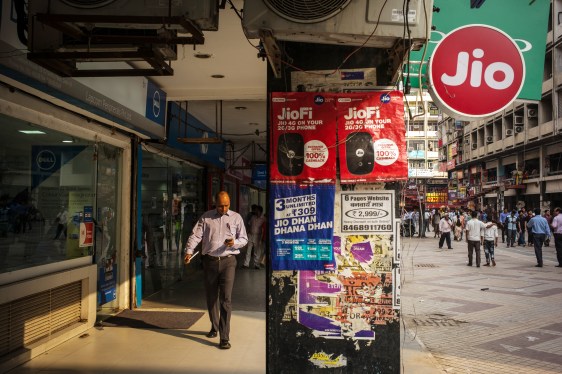A significant development has taken place in India, where more than half a dozen VPN apps have been removed from the country’s Apple App Store and Google Play Store. The removals follow intervention from government authorities, as per reports.
Indian Ministry of Home Affairs Issues Removal Orders
The Indian Ministry of Home Affairs issued removal orders for the affected apps, according to a document reviewed by TechCrunch. A disclosure made by Google to Lumen, Harvard University’s database that tracks government takedown requests globally, also confirms the development.
Affected Apps and Response from Developers
Among the affected VPN apps are Hide.me and PrivadoVPN. Apple cited a ‘demand’ from the Indian Cyber Crime Coordination Centre, part of the Ministry of Home Affairs, which deemed the developer content to contravene Indian law, in a communication to one of the affected developers.
The removals mark the first significant implementation of India’s 2022 regulatory framework governing VPN apps. The rules mandate that VPN providers and cloud service operators maintain comprehensive records of their customers, including names, addresses, IP addresses, and transaction histories, for a five-year period.
Industry Pushback Against Indian Regulatory Framework
The stringent requirements have prompted pushback from major industry players. Leading brands like NordVPN, ExpressVPN, Surfshark, and Proton VPN voiced significant reservations about the rules, with several announcing plans to withdraw their server infrastructure from India.
However, it’s worth noting that NordVPN, ExpressVPN, and Surfshark continue to maintain services for Indian customers, though they have stopped marketing their apps in the country.
Background on the Regulatory Framework
The 2022 regulatory framework governing VPN apps in India is a significant development. The rules aim to ensure national security by requiring VPN providers to maintain detailed records of their users.
While the intent behind the rules may be laudable, the industry has expressed concerns about the feasibility and practicality of implementing such stringent requirements. The pushback from major players like NordVPN, ExpressVPN, and Proton VPN highlights the challenges in balancing national security with user privacy and data protection.
Implications for Indian Users
The removals of these popular VPN apps may have significant implications for Indian users. While some VPN providers continue to maintain services for Indian customers, the lack of marketing efforts from these brands may make it challenging for users to access their services.
In addition, the stringent requirements imposed by the 2022 regulatory framework may lead to a decrease in the number of VPN providers operating in India. This could result in reduced competition and limited choices for Indian users, ultimately impacting their online security and privacy.
Conclusion
The removals of VPN apps from Indian app stores following government intervention highlight the complexities surrounding the regulation of online services. While the intent behind the 2022 regulatory framework may be to ensure national security, the industry pushback against the stringent requirements highlights the need for a balanced approach that considers user privacy and data protection.
As this story continues to unfold, we will provide updates on any developments related to the removals of VPN apps from Indian app stores.



